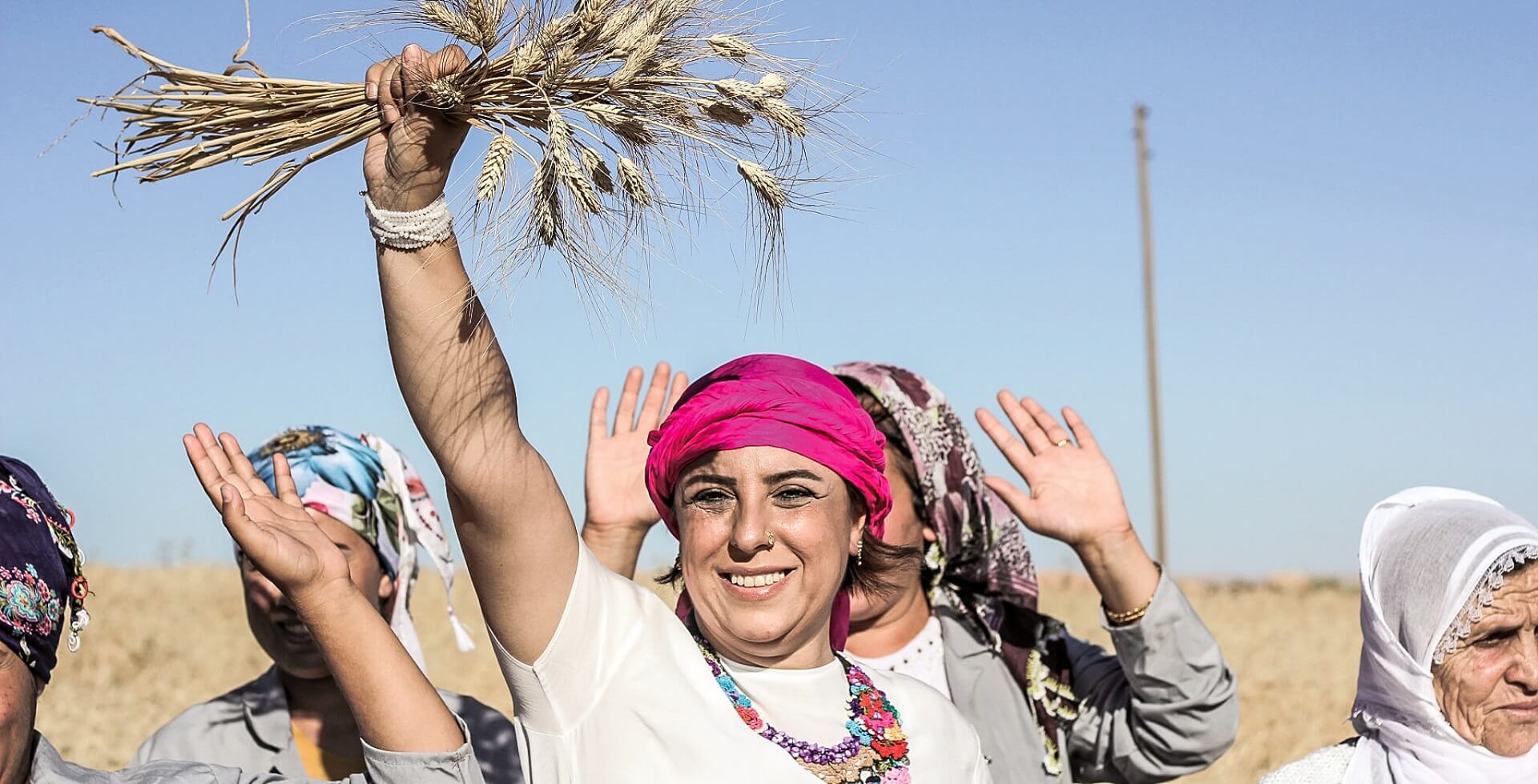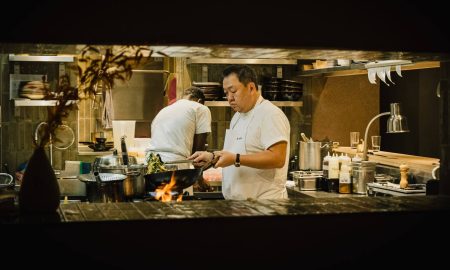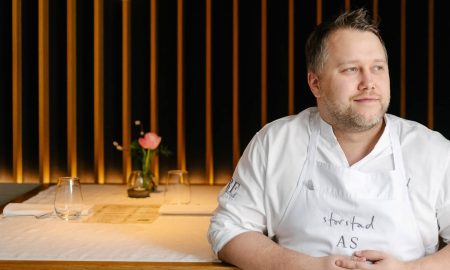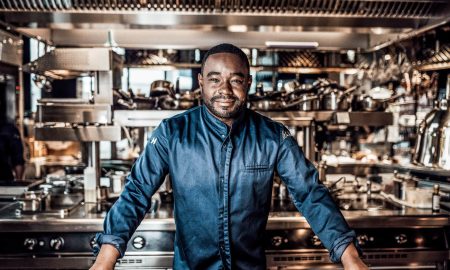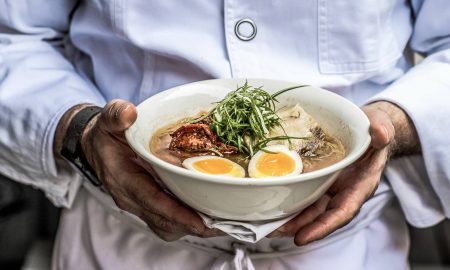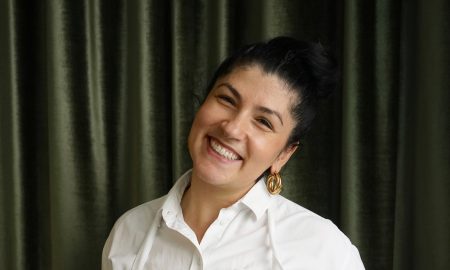Ebru Baybara Demir has dedicated her life to helping people in her country through gastronomy, especially the city of Mardin in Turkey, where she spent her early years. This year her efforts were recognized when she received the prestigious Basque Culinary World Prize (BCWP) donated with a prize of 100,000 euros, which can be allocated to an initiative of her choice.
The BCWP is an award created for chefs who have used their platform to redefine their profession by reaching a broader sphere of influence beyond the professional kitchen, whether through working for social change, sustainability, or other humanitarian causes.
Sieh dir diesen Beitrag auf Instagram an
The event is now in its 8th edition and was launched by the Basque Culinary Center near San Sebastián in northern Spain. The BCWP jury counts renowned chefs and industry experts such as Joan Roca, Pia León, Josh Niland, and Elena Reygadas. Other nominees this year include Heidi Bjerkan. Previous finalists and winners further include well known chefs such as Virgilio Martinez, Ángel León, Manoella Buffara, José Andrés, the founder of World Central Kitchen and Colombian chef Leonor Espinosa, to name a few of the magnificent finalists.
The starting point of Demir`s culinary career
Ebru Baybara Demir was born in Edirne, Turkey, as the third child of a Mardin family in 1976. She spent her entire childhood and youth in Istanbul, finished her studies and worked there as a tourist guide. 1999 was her year of changes as she decided to move to Mardin, a traditional Anatolin city with nothing more than a 3-star hotel and a small diner. Her dream was to bring tourism in the city. So she started working on that project and recognized very soon that it needed some help in making the city more attractive to visitors.
“Ever since I can remember, I have devoted myself to make meaningful contributions to my beloved country,” says Demir. “This award carries a significance that extends far beyond any of my individual accomplishments. It represents the collective happiness and pride of my nation.”
Sieh dir diesen Beitrag auf Instagram an
Her journey towards cooking and inspiring many other women to pursue a culinary career started in the kitchen with her mother as a young girl – she says everything she knows about food and her ability to cook comes from her mother. “My mother used to cook delicious meals. She was exceptionally creative in the kitchen. I loved accompanying her to the bazaars, even at a young age,” she says.
Ebru Baybara Demir: an entrepreneurial spirit
It was a bold move in a city where tourism income was very low but with entrepreneurial spirit she began taking groups on visits to Mardin in order to share her home city’s culture. When the visitors mentioned they were not impressed by the city’s only hotel and restaurant she decided to open her home to them and engaged other women in the family to cook traditional meals for the guests. A decision she regrets?
No, not at all – the idea was so successful that Demir started organizing more private homes to host groups of tourists.
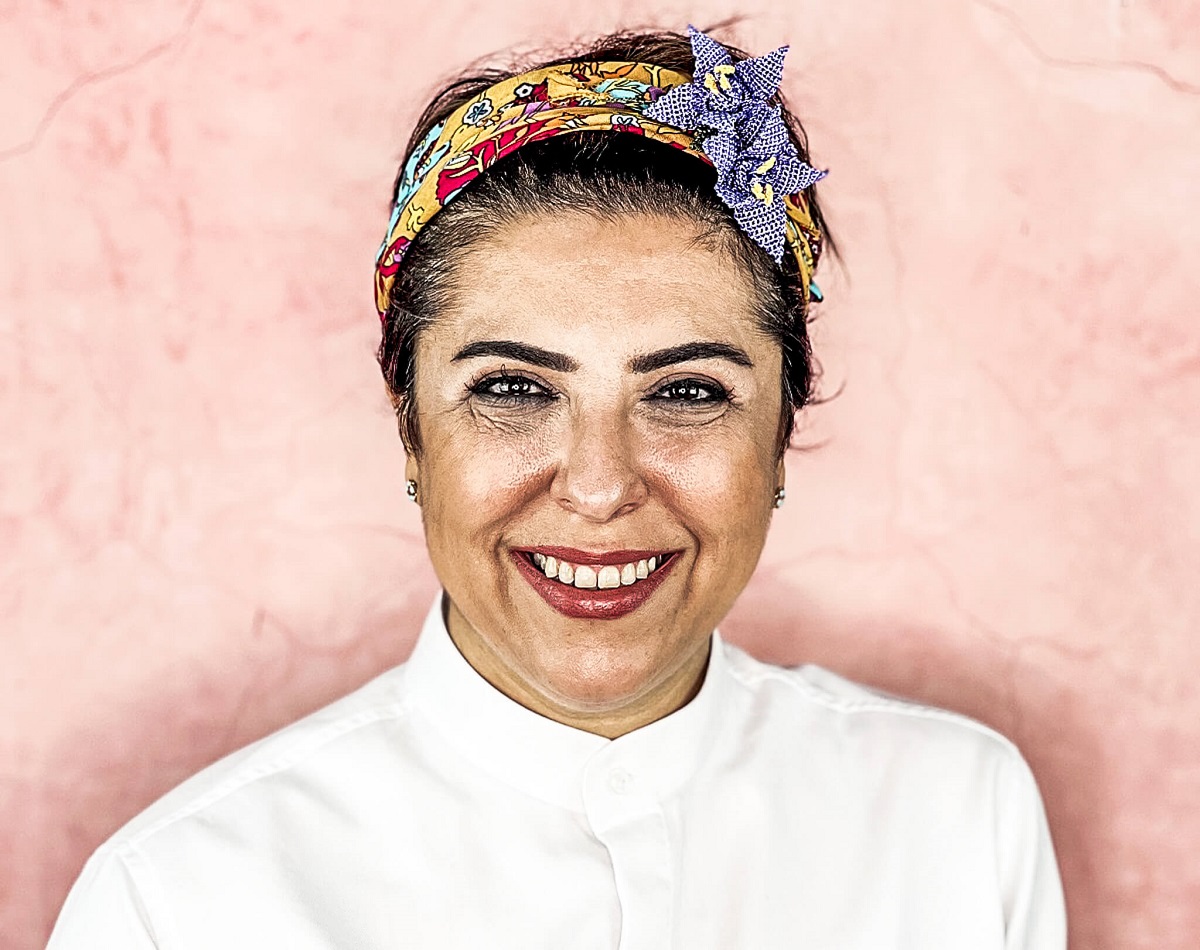
Image: Tansel Baybara
But this was just the starting point. With the clear goal of contributing to the employment of people by using cuisine, which is the common life value of Mesopotamia. Ebru Baybara Demir and 21 women with her renovated a historical Assyrian mansion. By staying loyal to its unique lines, the project culminated in the opening of her first restaurant. Thus, the “Cercis Murat Konağ” which means Cercis Murat Mansion, was born as the first tourism establishment of Mardin, and also as the first and only chef restaurant of the region. “It represents my personal contribution to Mardin, but it also represents many women whose lifes have been transformed alongside mine,” she says.
She opened the restaurant at a time when women couldn’t leave their homes without permission from their husbands. The work in the restaurant gave them an opportunity to support other women and start contributing to the transformation of the city.
Mardin a city of 850,000 citizens is known for its traditional culture and it is not easy for women to gain employment. Through her program, Demir encouraged women to turn their ability to cook into a job.
Facing challenges
The city’s proximity to the Syrian border means that it has struggled with economic, social, and political challenges over time. After the war started in Syria in 2011 the city opened its doors and arms to refugees, which made the already fragile economy and social structure even more fragile, pressing home the need for her initiatives.
Sieh dir diesen Beitrag auf Instagram an
When she returned at the end of 90s and found that the city had no tourism facilities beyond one three-star hotel, she saw an opportunity to make a difference. After making a success of the restaurant program and helping to change the city that she loves so much, she has since launched several projects, including combating the effects of climate change on soil, empowering women through employment, utilizing biodegradable waste and promoting social solidarity.
Her engagement with the communities continues. Earlier this year when the earthquake struck Syria and Turkey, she set in motion a process to establish a soup kitchen, Gönül Mutfağı. Along with her team of volunteers she works to provide food to the people affected in the Hatay province. Since February they have served 120,000 meals daily and continue to prepare 10,000 breakfasts per day for kindergarten and elementary school children and provide two meals per day for a total of 38,000 people across Hatay.
To this day, more than 2,000 volunteers have worked at Gönül Mutfağı and distributed over 12 million meals.
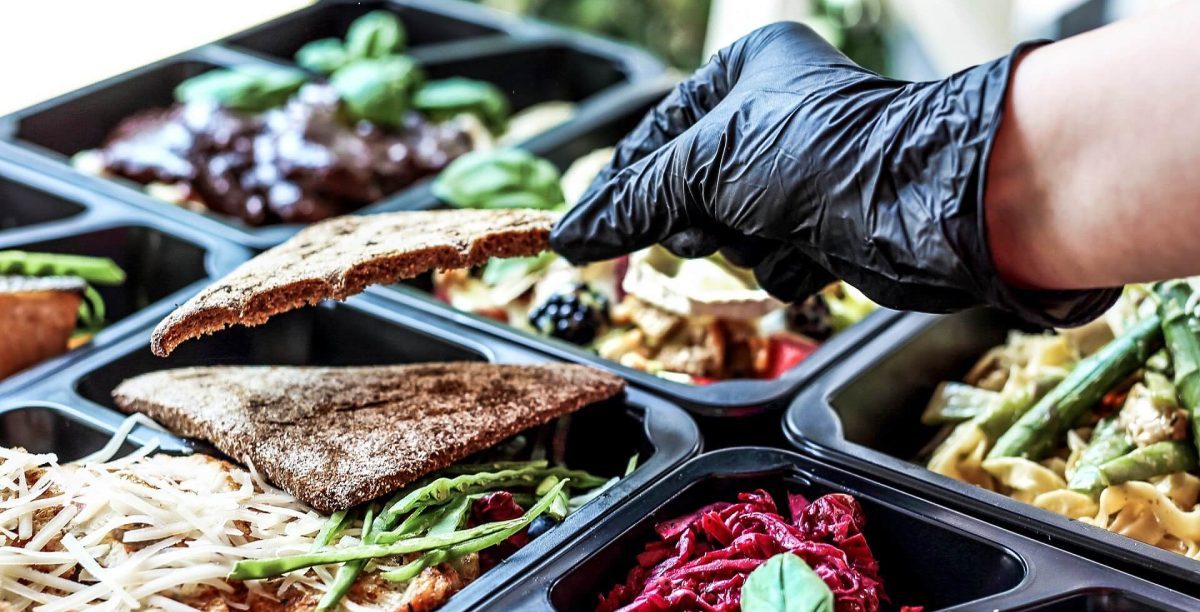
Image: AdobeStock | foodandcook
The role of gastronomy in humanitarian aid
Demir believes there is an increasing role for gastronomy in humanitarian aid and has big plans for the future. First up is the ambition to turn Gönül Mutfağı into a sustainable structure. And this is exactly where she is planning to spend the prize money of BCWP on.
“It is important for us to establish a structure that promotes the sustainability of the kitchen and encourages the local community to live in Hatay,” she says. Beyond that, there are plans to open a zero-waste restaurant, which will double up as a gastronomy school for students in the region.
“The projects we undertake will serve as exemplary models within our country and worldwide and this prestigious prize will provide Turkey with a platform to raise its voice in this global arena,” she concludes.
So the end is still a long way off. And we can be curious about how the project will continue and which are to follow. In any case, an extraordinary chef and woman who helps people in need with what she loves. We say thank you.


